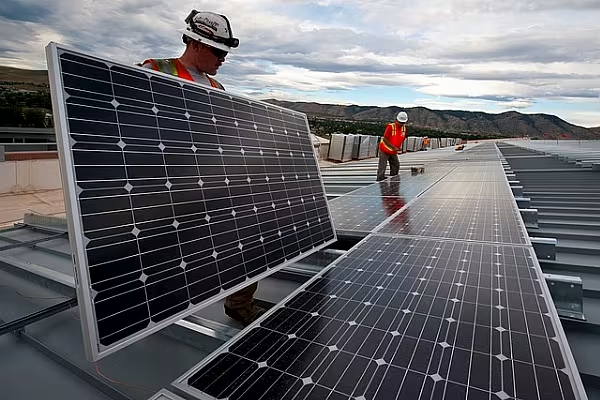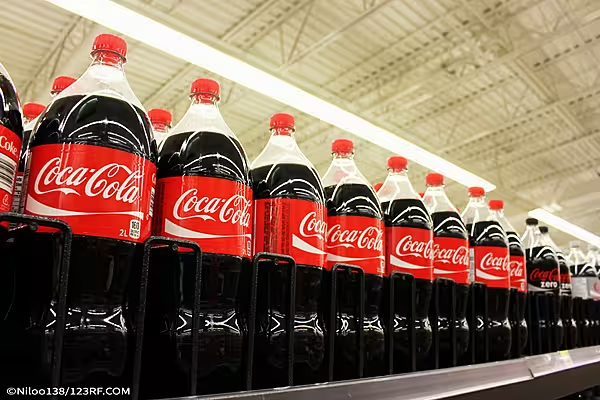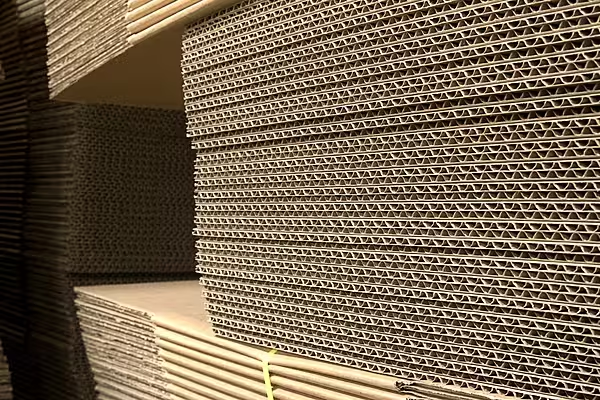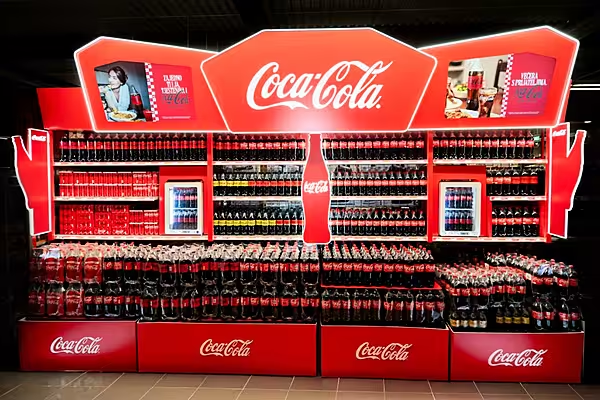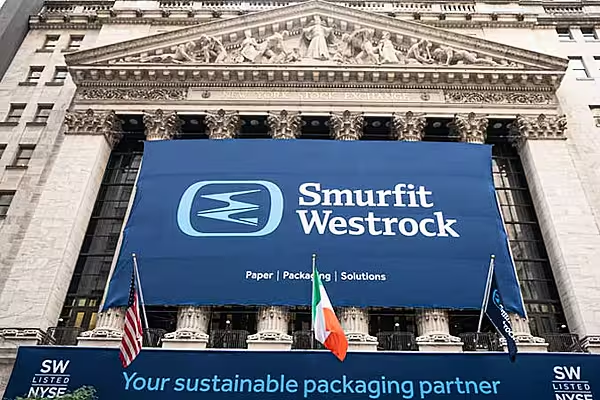Packaging leader Tetra Pak announced that it will decrease greenhouse gas emissions from its operations by 40% (based on 2015 levels), by the year 2030.
It is the first food packaging firm to receive approval from the Science Based Targets (SBT) initiative, which helps companies set emission reduction targets based on climate science principles.
Founded in 2015, it is a partnership between conservation, environmental, and climate protection groups such as the Carbon Disclosure Project and the World Wildlife Fund.
More than 200 companies have vowed to set science-based targets, and 33 companies have had these goals approved by the group.
By 2040, Tetra Pak has pledged a 58% reduction in emissions.
To fulfil these ambitious goals, Tetra Pak will improve energy efficiency at its facilities, reducing energy use by 12%. It will also purchase electricity from renewable energy sources, and invest in green energy products, as well as renewable electricity certificate programmes.
Finally, it will install renewable energy enhancements onsite, such as solar panels.
The company also plans to lower greenhouse gas emissions throughout the value chain by 16% per unit of revenue by 2020, working from a 2010 baseline.
Mario Abreu, VP environment at Tetra Pak, said: "The collaboration with the SBT initiative has helped us accurately define our greenhouse gas emission targets and set a direction for the company in a scientific way.
"The new targets ensure we are able to openly and accurately demonstrate the contribution we are making to a low carbon economy among customers and other stakeholders."
© 2016 European Supermarket Magazine – your source for the latest retail news. Article by Karen Henderson. To subscribe to ESM: The European Supermarket Magazine, click here.
